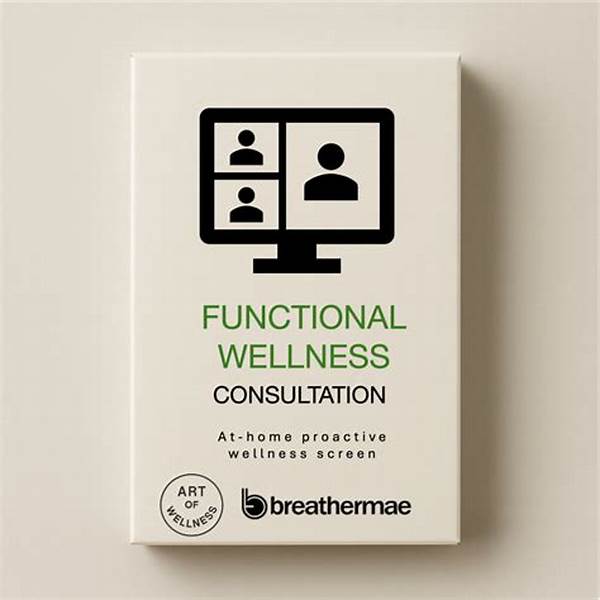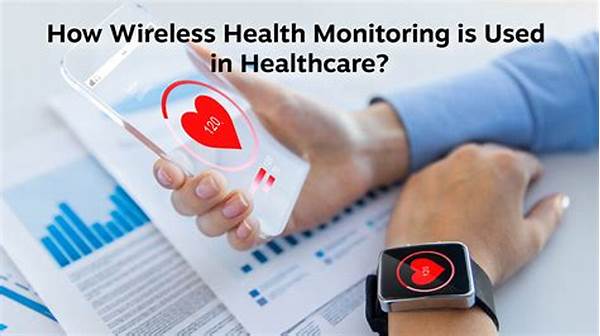In the dimly lit corridors of a bustling hospital, a quiet revolution is underway. The sterile beeping of monitors and the hurried footsteps of nurses are now accompanied by the quiet hum of advanced algorithms at work. Machine learning in healthcare management is transforming the landscape of patient care, creating a symbiotic relationship between human intuition and artificial intelligence. This partnership aims to optimize processes, predict outcomes, and ultimately save lives.
The Power of Predictive Analytics in Healthcare
The journey of machine learning in healthcare management begins with the power of predictive analytics. Imagine a world where healthcare professionals can anticipate complications before they arise, providing a proactive approach to patient care. By analyzing vast datasets, machine learning models predict potential health concerns, reducing both cost and risk. For instance, by examining patterns in patient data, hospitals can foresee and mitigate the likelihood of readmission, thereby improving overall patient outcomes and enhancing the efficiency of healthcare services. The integration of these advanced technologies allows for a more personalized approach to treatment, ensuring that patients receive tailored care that directly addresses their specific needs. As hospitals adopt these tools, the potential for error is significantly reduced, ushering in an era of unprecedented accuracy in medical management.
Enhancing Efficiency with Machine Learning
The integration of machine learning in healthcare management streamlines administrative tasks. Nurses and doctors spend less time on paperwork, allowing them to focus on patient care. Machine learning systems can automate scheduling and resource allocation, optimizing hospital operations. The future of healthcare leans heavily on this efficiency.
Machine learning in healthcare management brings about intelligent triage systems. By quickly analyzing patient data, machine learning models can prioritize cases based on urgency, ensuring critical patients receive immediate attention and improving overall workflow efficiency. This technology balances workloads effectively.
Additionally, the potential for machine learning in healthcare management extends to diagnosing rare diseases. With an extensive database at its disposal, machine learning can identify patterns and symptoms often missed by human eyes. This capability leads to earlier detection and better treatment plans.
Moreover, the implementation of machine learning in healthcare management facilitates seamless patient data exchange. This ensures healthcare providers can access comprehensive patient histories regardless of geographical location, contributing to more informed and timely medical decisions.
Lastly, machine learning in healthcare management revolutionizes drug development. By scrutinizing vast medical data, it accelerates the identification of viable drug candidates, potentially shortening the time and cost associated with their development. This advancement paves the way for more effective treatment options in less time.
Personalized Treatment through Data Analysis
In the ever-evolving world of medicine, personalization stands as a beacon of hope. Machine learning in healthcare management paves the way for treatments that are as unique as each individual. Through detailed analysis of genetic information, lifestyle habits, and medical history, algorithms craft comprehensive profiles that guide physicians in designing bespoke treatment plans. This approach not only increases the efficacy of treatments but also minimizes potential side effects, offering patients a more comfortable journey to recovery. Furthermore, as these systems learn and grow, they adapt to new data, continually refining their predictions and recommendations. This dynamic nature ensures that healthcare providers are always equipped with the most accurate and up-to-date insights, fostering a new standard of care that anticipates patient needs with remarkable precision.
Addressing Challenges in Machine Learning Implementation
Implementing machine learning in healthcare management is not without its challenges. One key issue is ensuring the privacy and security of sensitive patient information. Robust cybersecurity measures are essential in protecting this data from potential breaches.
Additionally, training healthcare professionals on new machine learning technologies is crucial. These advancements require a reshaping of existing workflows and processes, which can be daunting for staff accustomed to traditional methods.
Machine learning in healthcare management must also contend with ethical concerns. The balance between automated decision-making and human oversight is delicate. Ethical guidelines will help navigate these complexities, ensuring machines assist in decision-making without overstepping human authority.
Despite challenges, the progressive implementation of machine learning in healthcare management is essential. By approaching these obstacles thoughtfully, healthcare institutions can harness the full potential of machine learning, culminating in higher quality patient care and improved hospital efficiency.
In addressing these challenges, collaboration between technology developers and healthcare stakeholders is key. Cross-disciplinary partnerships will foster innovation, leading to the development of more intuitive and human-friendly machine learning systems.
Future Prospects of Machine Learning in Healthcare
As machine learning continues to evolve, its impact on healthcare management promises to be profound. Developments in natural language processing and computer vision are expected to enhance clinical documentation and radiology interpretations, making the diagnostic process quicker and more accurate. Machine learning algorithms will equip healthcare providers with tools that are not only efficient but actionable, optimizing patient treatment and operational workflows. Its integration into telemedicine, especially, promises to democratize healthcare access, offering remote solutions tailored to individual patient needs while ensuring data accuracy. The future will likely see an augmented healthcare ecosystem, where machine learning is a trusted partner to medical professionals, transforming healthcare delivery and outcomes. Through ongoing research and innovation, machine learning is poised to redefine healthcare management—fostering a patient-centered approach that embraces both the art and science of medicine.
Overcoming Initial Implementation Hurdles
The first steps into the realm of machine learning in healthcare management are often met with skepticism and concern. Transitioning from traditional database systems to advanced machine algorithms involves rigorous recalibration of hospital infrastructure. However, as healthcare providers witness the tangible benefits—such as reduced administrative burden and enhanced patient outcomes—the resistance gradually diminishes. Focusing on education and transparent communication is vital to this transition. By involving healthcare professionals in the development and deployment phases, technology partners can address user concerns and foster a culture of trust and collaboration. Success stories from early adopters further pave the way for wider acceptance, illustrating the transformative potential of machine learning within healthcare management.
Summary and Impact
Machine learning in healthcare management is a journey toward a future where healthcare is profoundly personalized, efficient, and predictive. These technologies enable hospitals to optimize operations and improve patient care significantly.
However, the implementation journey involves hurdles. Addressing data security and privacy concerns, ethical challenges, and preparing healthcare staff for new workflows is critical for success. Through collaborative efforts, the barriers can be dismantled, ushering the industry into a new era of science and human compassion.
Ultimately, the synthesis of human insight and machine intelligence promises transformative benefits for the healthcare sector, offering hope for a more effective and compassionate healthcare system.





